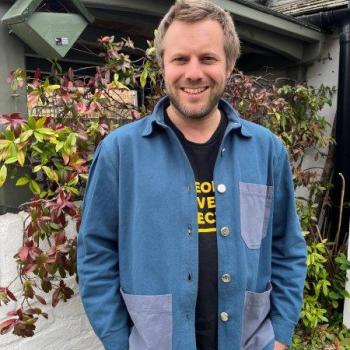Building Capacity For Future Evaluation of Residential Treatment for People Experiencing Homelessness and Addiction
Background
The People’s Recovery Project (TPRP) co-founders contributed to ‘Knocked Back’ report (2019), which found that 12,000 people experiencing street homelessness in the UK were going without vital drug and alcohol treatment and that this was costing lives. The Dame Carol Black Review (2021) highlighted a lack of funding, access to inpatient detoxification and residential rehabilitation: issues particularly acute for people experiencing homelessness. There is little understanding in the United Kingdom of the cost benefit of accessing detox and residential treatment for people experiencing homelessness and addiction.
Aims
The aim is to assess the feasibility of a study assessing the costs and benefits of an intervention for individuals who are homeless and using substances. We will focus on barriers to accessing data, data quality, and barriers to participation alongside outcomes relating to reduced harms and early deaths, use of emergency NHS services, criminal justice systems, and wider public services.
Methods
Participants will be recruited from the TPRP community. We will work with the London School of Economics (LSE) to pilot their methodology for evaluating economic investments, social impacts and individual health outcomes. We will use self reported questionnaires, NHS records and CHAIN (rough sleeping database) records to collect data on harms associated with homelessness and substance use, increased mortality, use of emergency NHS services, criminal justice systems, and wider public services.
This study will test the feasibility of collecting, analysing and reporting data for TPRP community members to inform a larger and long-term evaluation of TPRP’s work and outcomes.
TPRP will use data modelling developed by LSE to identify costs and health related outcomes for TPRP community members prior to, and after, completion of residential rehabilitation treatment. We will retrospectively analyse data collected from approximately 10 participants about their use of public resources. We will conduct a baseline audit, and two self-reported ‘use of resources’ questionnaires (retrospective and current). These will be cross-referenced against CHAIN and NHS database records . Additionally, we will use a validated ‘Quality of Life’ assessment tool to identify improvements in participants’ wellbeing.
Expected Results
We are building a Lived Experience Recovery Organisation and have long standing relationships with aftercare community members. We anticipate our data will demonstrate that a larger and long-term assessment of TPRP will be feasible, whilst identifying ways to refine questionnaires and adapt data collection points. Having seen their journeys from street homelessness into sustained recovery we anticipate the preliminary results will indicate improvements in health outcomes and wellbeing alongside reduced economic costs as people move away from street homelessness and become less reliant on services.
